Great opportunities for education from breakthroughs
Dr. Pham Kim Thu, Vice Principal of the University of Technology and Management, said: For many years, the Party and State have always identified education and training as the top national policy.
However, the concretization of this policy still faces many obstacles: unstable resource allocation, insufficiently strong teacher remuneration policy, financial constraints on autonomy mechanism, and lack of legal corridor for socialization of education. Resolution No. 71/NQ-TW was issued to directly address these bottlenecks, opening up a synchronous mechanism, placing education in the right key position - the driving force of national development.
Regarding preferential policies for educational institutions and encouraging investment in educational development, Dr. Pham Kim Thu said that Resolution No. 71/NQ-TW has breakthroughs.
Firstly, resources are guaranteed by law. For the first time, the budget expenditure for education is not limited to a general 20%, but is "clearly separated" into 5% for development investment and 3% for higher education. This is a very important step forward, because higher education and research are the places where knowledge and technology are produced - the decisive factors for national competitiveness.
Second, the Resolution affirms that universities and vocational training institutions have the right to full autonomy, not dependent on the level of financial autonomy. This is a new management mindset, placing trust in the capacity and accountability of the school.
Third, strong incentives on land, taxes and public assets. Exemption policies, priority allocation of clean land, leasing of surplus public facilities, and exemption of corporate income tax for public and private non-profit schools are breakthroughs that create an attractive, fair and sustainable investment environment for education.
Fourth, professional treatment of teachers. The regulation of a minimum professional allowance of 70% for teachers, 30% for staff and 100% in disadvantaged areas affirms that teaching is no longer just a "special profession" but a priority pillar in national policy.
Sharing the opportunities these policy breakthroughs bring to education and training, Dr. Pham Kim Thu said: Resolution No. 71/NQ-TW not only adds resources, but also changes the approach: from allocating based on input to ordering and assigning tasks based on output; from the mechanism of asking and giving to delegating power and attaching accountability.
This is a turning point for Vietnamese education to move towards comprehensive quality improvement from preschool to university, linked with international integration; retain and attract pedagogical talents, gradually resolve the shortage and imbalance of staff; accelerate modernization of facilities through land funds, PPP, preferential credit; reposition university education as a pillar of research, innovation, and training of high-quality human resources.
With this Resolution, educational institutions enjoy incentives on land, tax, and credit to expand infrastructure investment; have a legal basis to build an education development fund, connect businesses and alumni. Schools are also more proactive in opening majors, recruiting, and international cooperation thanks to a comprehensive autonomy framework; and can take advantage of the National Scholarship Fund to support students, increasing retention and graduation rates.
Avoid the situation of "Good resolution, slow and overlapping sub-law documents"
In order for Resolution No. 71/NQ-TW to truly come into life, Dr. Pham Kim Thu said that it is necessary to quickly institutionalize it through clear laws, decrees, and circulars, avoiding the situation of "good resolutions, slow and overlapping sub-law documents".
Along with that, bind budget responsibilities at both central and local levels, publicize the 20% - 5% - 3% ratio for social supervision. Complete the legal framework for the education development fund, have a tax deduction policy for sponsoring businesses and individuals. Build an independent inspection and evaluation system for autonomy associated with transparency, quality and accountability.
At the grassroots level, each school needs to proactively prepare a project portfolio, human resource plan, allowance transition plan, and at the same time build autonomous management capacity to fully utilize incentives.
“It can be said that Resolution No. 71/NQ-TW is not just “a document” but a strong political declaration that puts education in the right position as the top national policy, the central driving force of sustainable development and international integration,” said Dr. Pham Kim Thu.
Source: https://giaoducthoidai.vn/tao-dieu-kien-ve-nguon-luc-de-dot-pha-phat-trien-giao-duc-post746991.html









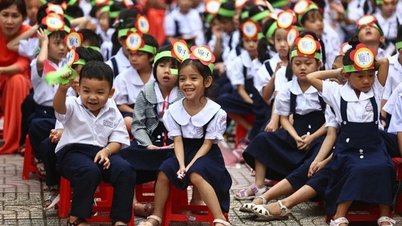



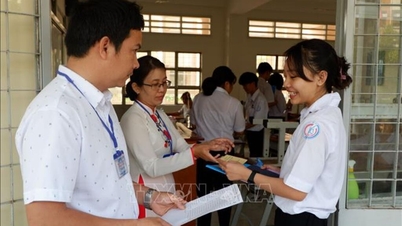














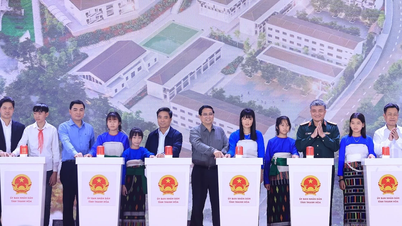


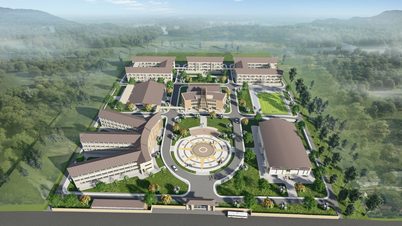
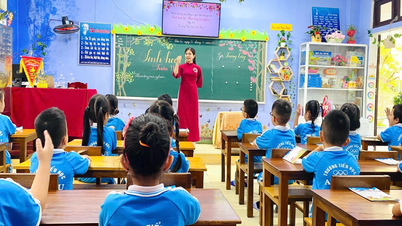
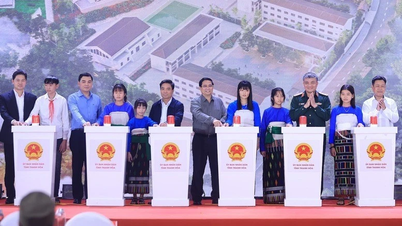











































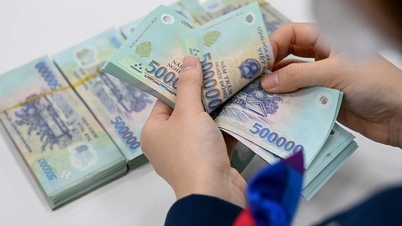

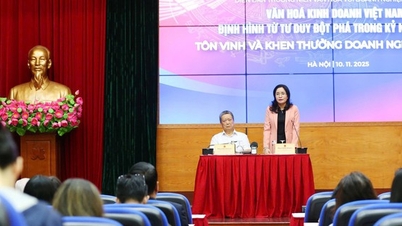









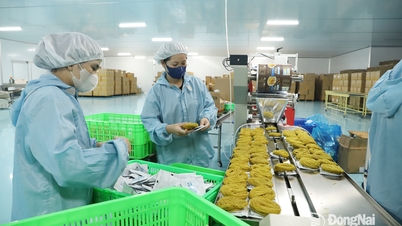




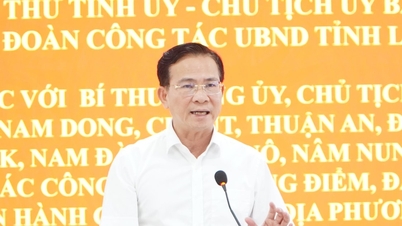


![Dong Nai OCOP transition: [Article 3] Linking tourism with OCOP product consumption](https://vphoto.vietnam.vn/thumb/402x226/vietnam/resource/IMAGE/2025/11/10/1762739199309_1324-2740-7_n-162543_981.jpeg)








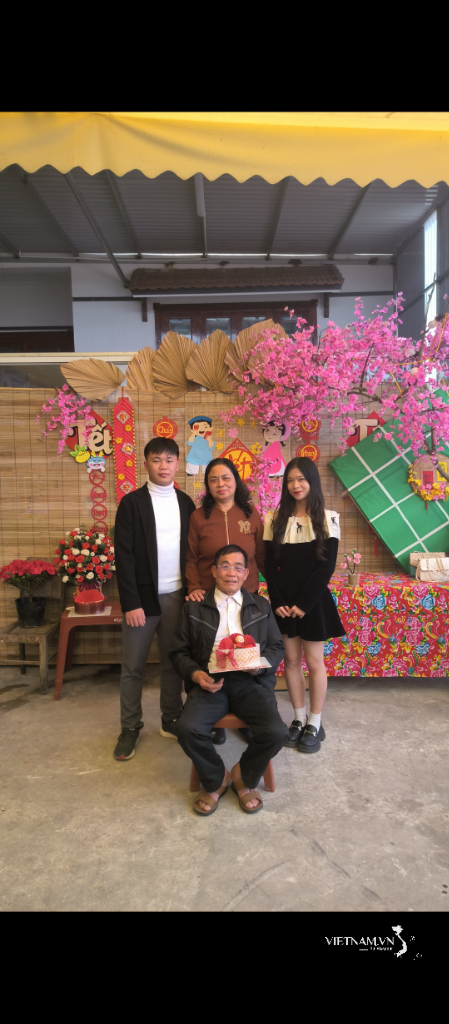


Comment (0)